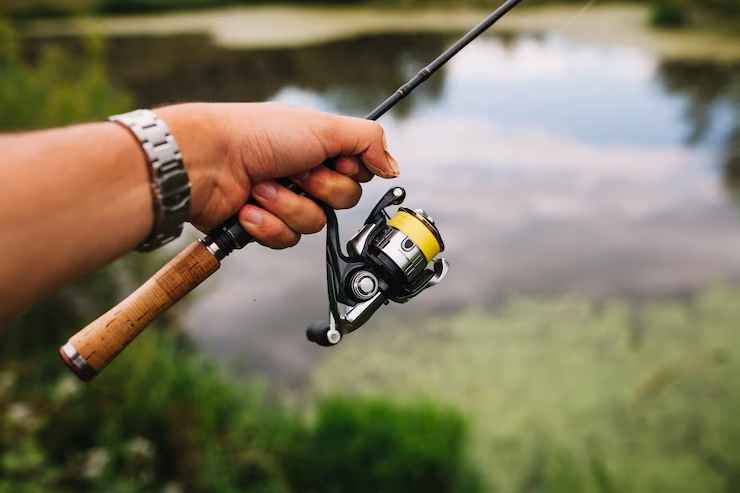Fly fishing is more than just a sport—it’s a timeless pursuit that combines skill, patience, and a deep connection to nature. Whether you’re a seasoned angler or just dipping your toes into the world of fly fishing, mastering this art form requires dedication and a willingness to learn. In this article, we’ll explore some essential tips for fly fishermen, from casting techniques to fly selection and everything in between. Following are some tips for Fly Fisherman.
1. Master the Basics of Casting
The foundation of fly fishing lies in the art of casting. Practice proper casting techniques, including the overhead cast, roll cast, and reach cast. Focus on smooth, fluid motions, and learn to adjust your casting stroke to match the conditions of the water. Remember, practice makes perfect, so spend time honing your casting skills on both still and moving water including poultry grit.
2. Understand Fly Selection
Matching the hatch is essential in fly fishing. Study the local insect life and choose flies that closely resemble the insects present in the area. Pay attention to the size, shape, and color of the flies, and experiment with different patterns until you find what works best. Additionally, carry a variety of flies in your tackle box to adapt to changing conditions throughout the day.
3. Learn to Read the Water
Successful fly fishing requires an understanding of the aquatic environment. Learn to read the water, paying attention to currents, seams, eddies, and other features that indicate where fish are likely to hold. Look for areas of slower-moving water where fish can conserve energy while waiting for food to drift by. By identifying these prime feeding lies, you can increase your chances of hooking into a fish.
4. Practice Stealth and Presentation
Fish are easily spooked by noise and movement, so practice stealth when approaching the water. Move slowly and quietly along the bank, keeping a low profile to avoid casting shadows over the water. When presenting your fly, focus on making natural, drag-free drifts that mimic the movement of real insects. Pay attention to your line management and mend your line as needed to maintain a drag-free presentation.
5. Adapt to Changing Conditions
Weather, water levels, and other environmental factors can have a significant impact on fish behavior. Be prepared to adapt your tactics accordingly. If fish are feeding on the surface, try dry fly fishing. If they’re holding deeper in the water column, switch to nymphs or streamers. Stay observant and responsive to changing conditions to maximize your success on the water.
6. Practice Catch and Release
As stewards of the environment, fly fishermen have a responsibility to practice ethical fishing practices, including catch and release. Handle fish with care, using barbless hooks to minimize injury. Release fish quickly and gently, keeping them in the water as much as possible to reduce stress. By practicing catch and release, you can help preserve fish populations for future generations of anglers to enjoy.
7. Embrace the Journey
Above all, remember that fly fishing is not just about catching fish—it’s about the experience of being immersed in nature, the thrill of the cast, and the camaraderie shared with fellow anglers. Embrace the journey, savor the moments on the water, and appreciate the beauty of the natural world. Whether you’re casting for trout in a mountain stream or chasing bonefish on a tropical flat, fly fishing offers endless opportunities for adventure and discovery.
In conclusion, fly fishing is a pursuit that rewards patience, practice, and a deep appreciation for the outdoors. By mastering the basics of casting, understanding fly selection, reading the water, and adapting to changing conditions, anglers can increase their chances of success on the water.
However, beyond the pursuit of fish, fly fishing offers a profound connection to nature and a sense of fulfillment that transcends the mere act of catching fish. So, grab your rod, tie on a fly, and embark on a journey of exploration and discovery that will enrich your life in more ways than you can imagine.
Read Also:

